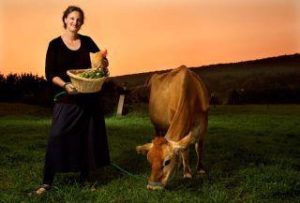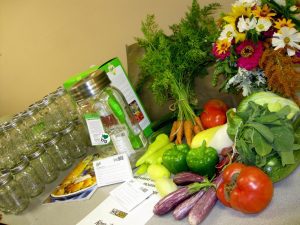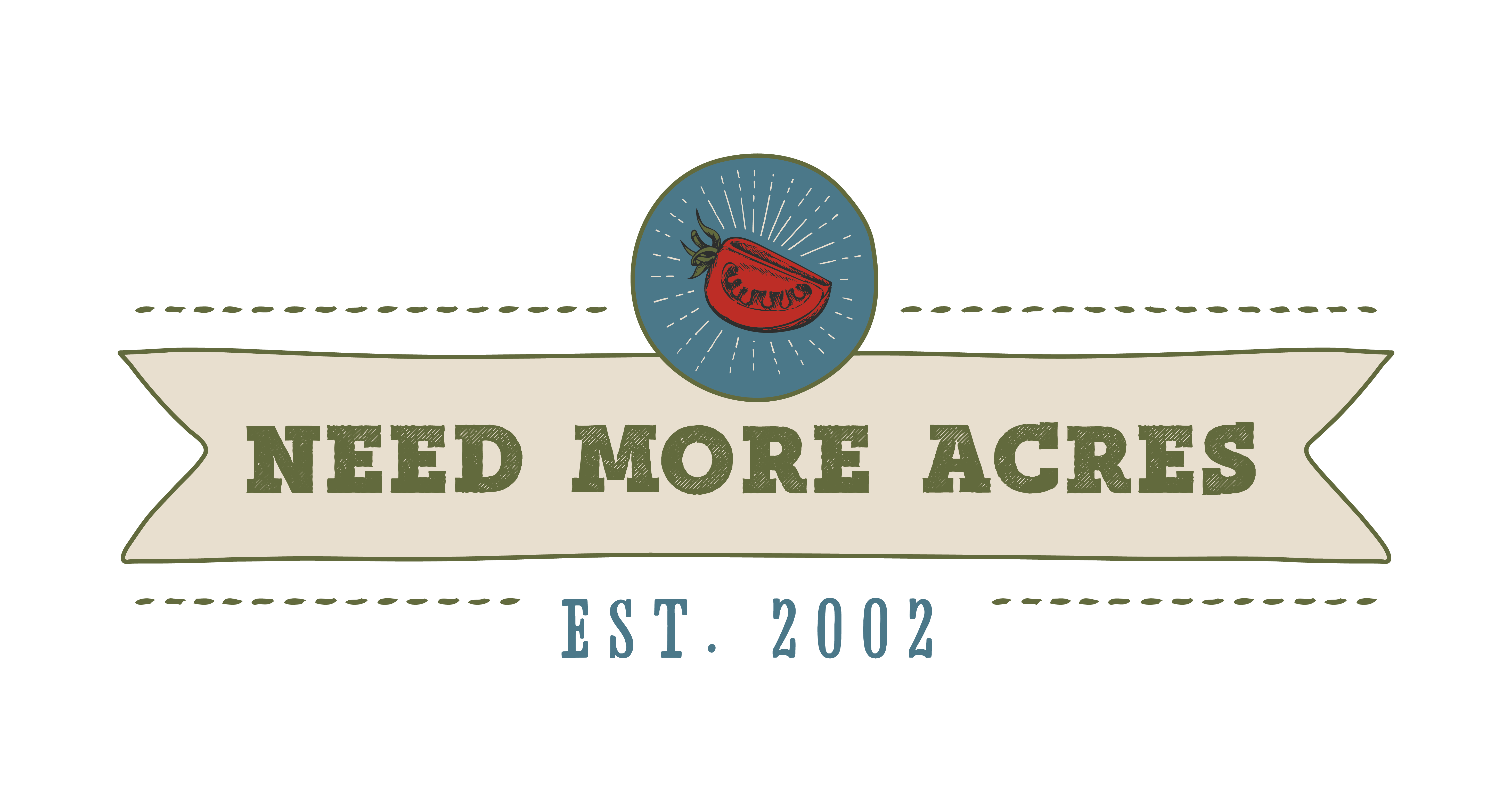I was thrilled to learn that Community Farmers’ Market in Bowling Green, KY had received a grant from Ball Canning Company to spread the message of the benefits of canning fresh and local foods while they are in season. A simple guide, free samples, and jars have been given out not only at the market by local chefs and farmers, but throughout the community at special events and through organization promoting healthy food choices. It is exciting that I am not the only one wanting to learn a skill that I fondly remember my grandmother using years ago. And, while I love delicious preserves and pickles as an occasional treat, when I decided to can, I began researching options that use less refined sugars and salts.

A. As a wife and mother, I naturally have the desire to feed my family well and to provide for their physical, emotional, and spiritual health. I saw my mother overcome major health issues when I was a teenager just by changing her diet and this had a strong impact on me. So when I became a wife and mother, I wanted to do the best that I could do to provide for my own family’s health.
Q Why do you believe that it is important to buy local food (or grow it yourself)?
A. Our industrialized food system is not only unsafe, but devoid of nutrients. When food is being shipped and trucked in from all over the world, there is no accountability for the safety of that food. Food loses its freshness and flavor. Also, after spending days and weeks in transport to your dinner table, nutrient loss is dramatic. We must ask ourselves, “Why do we eat?” Is it for pure enjoyment? If that’s the case, then I want food that tastes good! Do we eat just to fill our bellies? If this is the case, then where our food comes from doesn’t matter. Do we want food that tastes good and is truly healthy-giving? If so, we must consume foods that are fresh and local. When you know who your farmer is and how that food was raised, you can feel secure that your family is consuming safe, healthy, nutritious, and tasty food!
Q Do you have suggestions for using less sugar, salt, and preservatives in preserved foods?
A. Our culture has been conditioned to not recognize or enjoy the diversity of flavors available to us, but instead to crave sweet and salt. These cravings are intense and, in reality, misguided. The variety of flavors available to us is immense, but we have limited ourselves to such a small fraction of tastes, most of which are based on salt or sugar. Our forefathers enjoyed a much wider variety of flavors, from savory to salty to piquant, as well as sweet (in much smaller amounts than our culture is accustomed to). Not only are we missing the true enjoyment that comes from a diversity of foods, but we are damaging our health in the process. Sugar fuels obesity and diabetes, feeds cancer, causes acne, etc. Refined salt causes edema, influences heart disease, and holds our bodies in a constant state of toxicity. And of course, artificial preservatives, flavors and colors have a wide array of ill effects on our bodies. In the past, people “put up” their food without the excessive use of sugar, and put unrefined salt to good use by naturally curing, drying, brining, and fermenting the harvest. These techniques enhanced the flavors of food as well as the nutrients – not by making them sweet or salty, but by allowing the natural flavors to develop as they should.
Q Why is fermenting foods so important and what is the easiest way to get started?
A. Fermented foods are a powerhouse of flavor and nutrition! They provide an intensity of nutrients and enzymes to enhance digestion, while adding beneficial microflora to the gut. These foods are what our ancestors thrived on! And it is so very easy to preserve your foods through fermentation and there is no unpleasant heat like there is in canning. Plus, no electricity is required. The easiest thing to begin with is turning cabbage into sauerkraut. All that is required is cabbage and unrefined salt! Simply chop the cabbage as thin as possible, toss it into a large bowl with some salt (about 1 tablespoon per average-sized head), squeeze until the juices are released, and then pack into jars, ensuring that there is about 1-2″ of brine covering the solids. I like to save 1 nice cabbage leaf for the top to push and hold the solids down under the liquid. Cover the jar loosely with the lid to allow gases to escape. Leave it out on the counter for a few days and before you know it, you have sauerkraut!
Q What are your favorite recipes for preserving summer harvests?
A. One of my favorite things to make and put away in the summer is fermented salsa. (Remember, all our condiments were fermented prior to the advent of canning and cheap refined salt and sugar!) I take fresh tomatoes, still warm from my garden, and chop them up with a piece of chili pepper and a few cloves of garlic. I add liquid whey (also used in yogurt or cheese-making), fresh lime juice, chopped cilantro, and a little salt. Let this mixture sit out on the counter for 24 hours and you have a delightfully tasty salsa that is hard to resist

Salsa Canning Workshop hosted by Community Farmers Market
August 11th 2-4 p.m.
Hosted by Community Farmers’ Market, CEDARS, WKU ALIVE Center, AMIGOS
For more information visit: communityfarmersmarketbg.com

